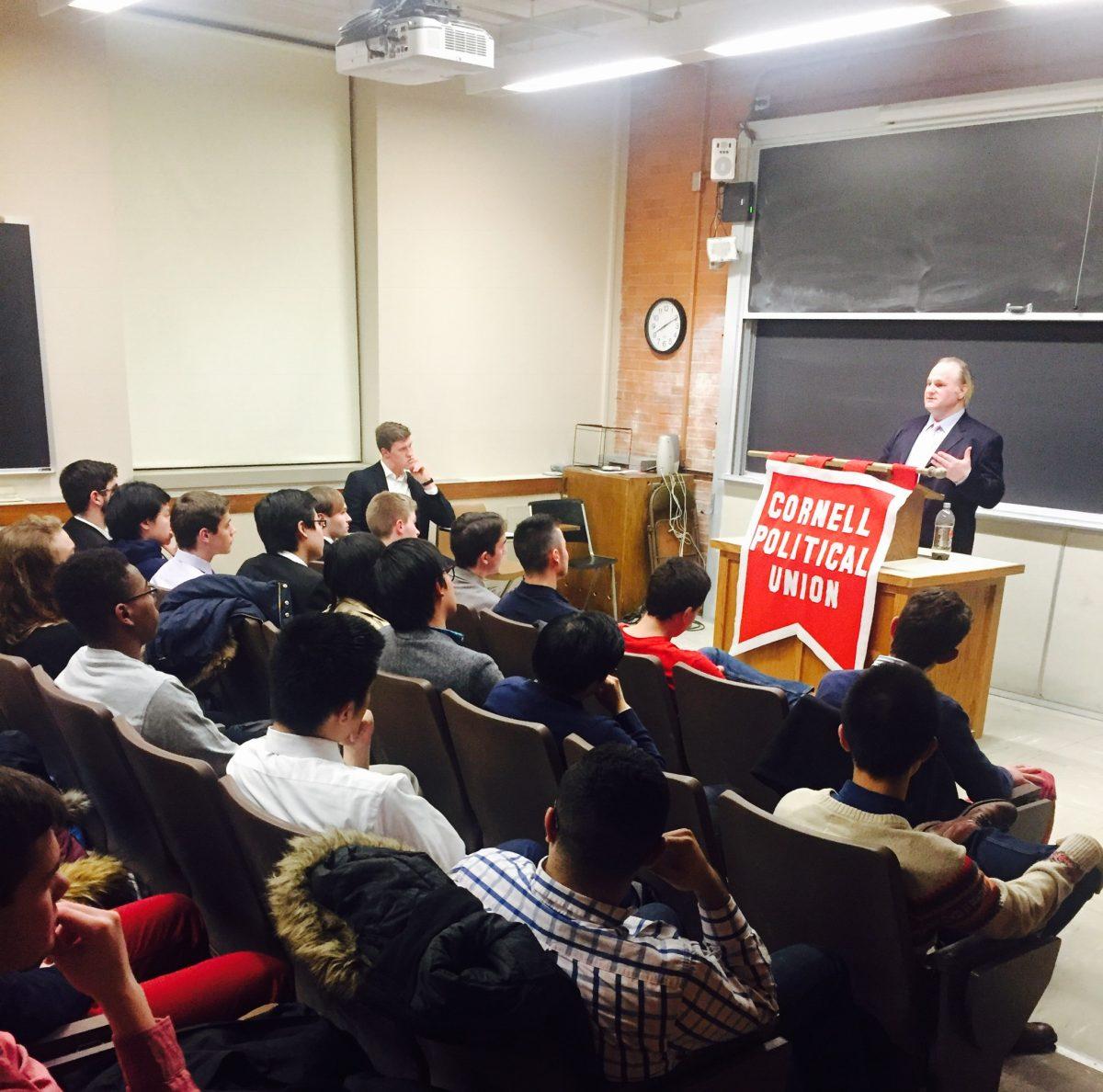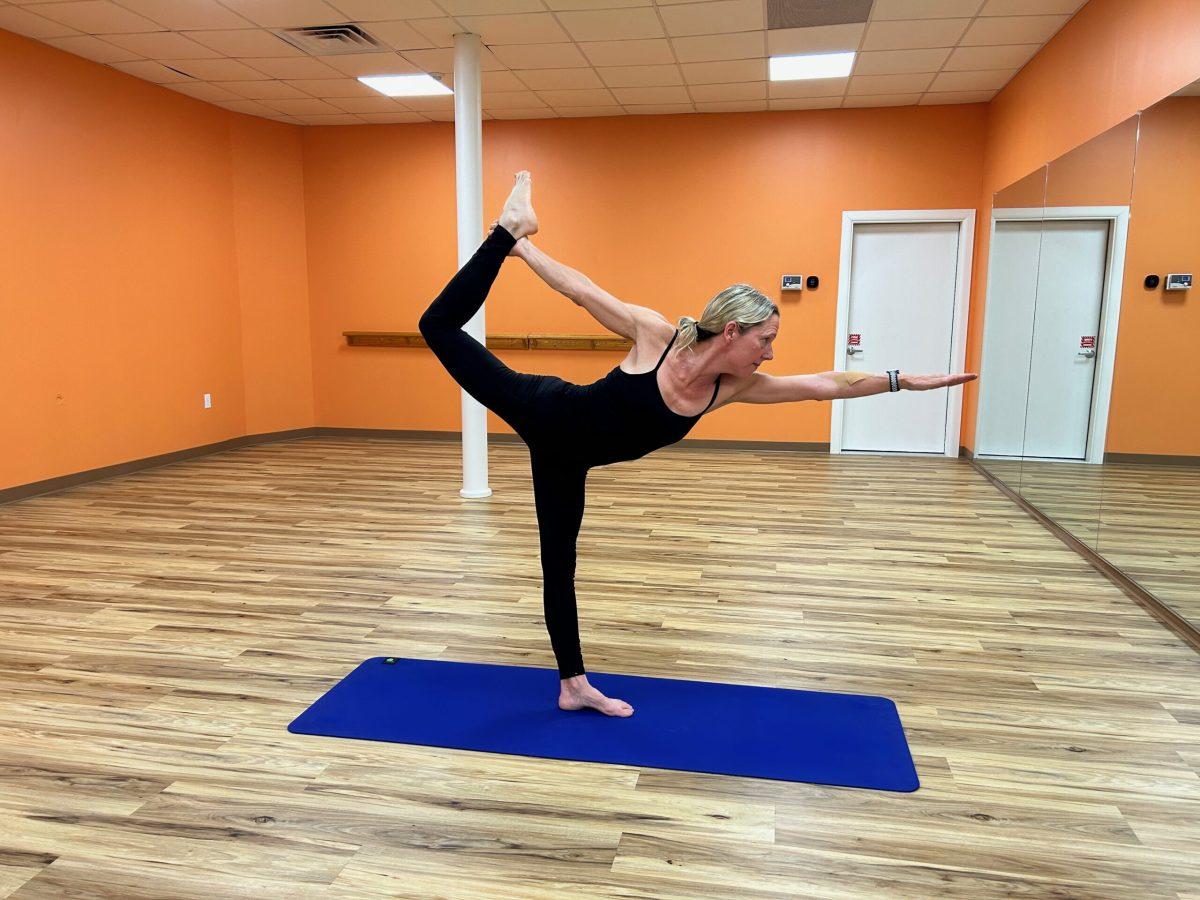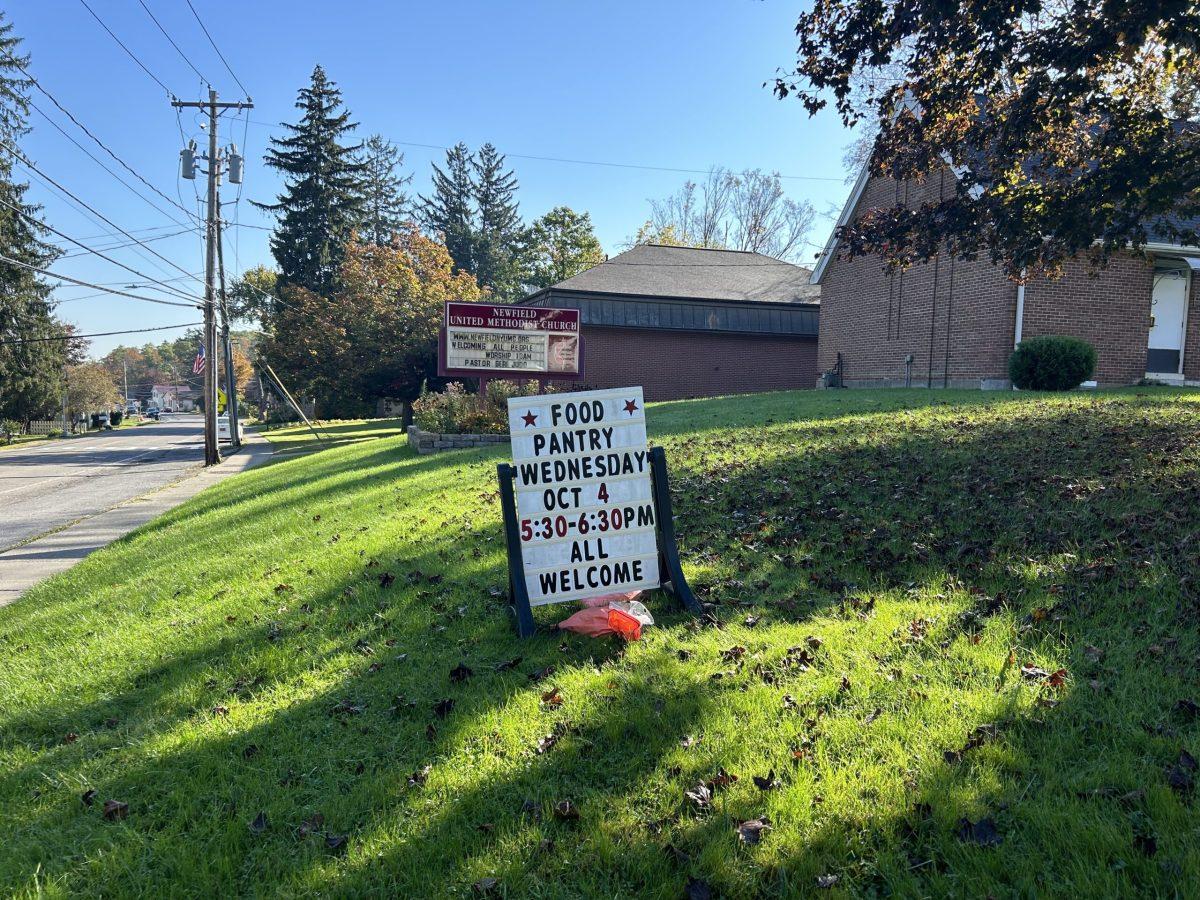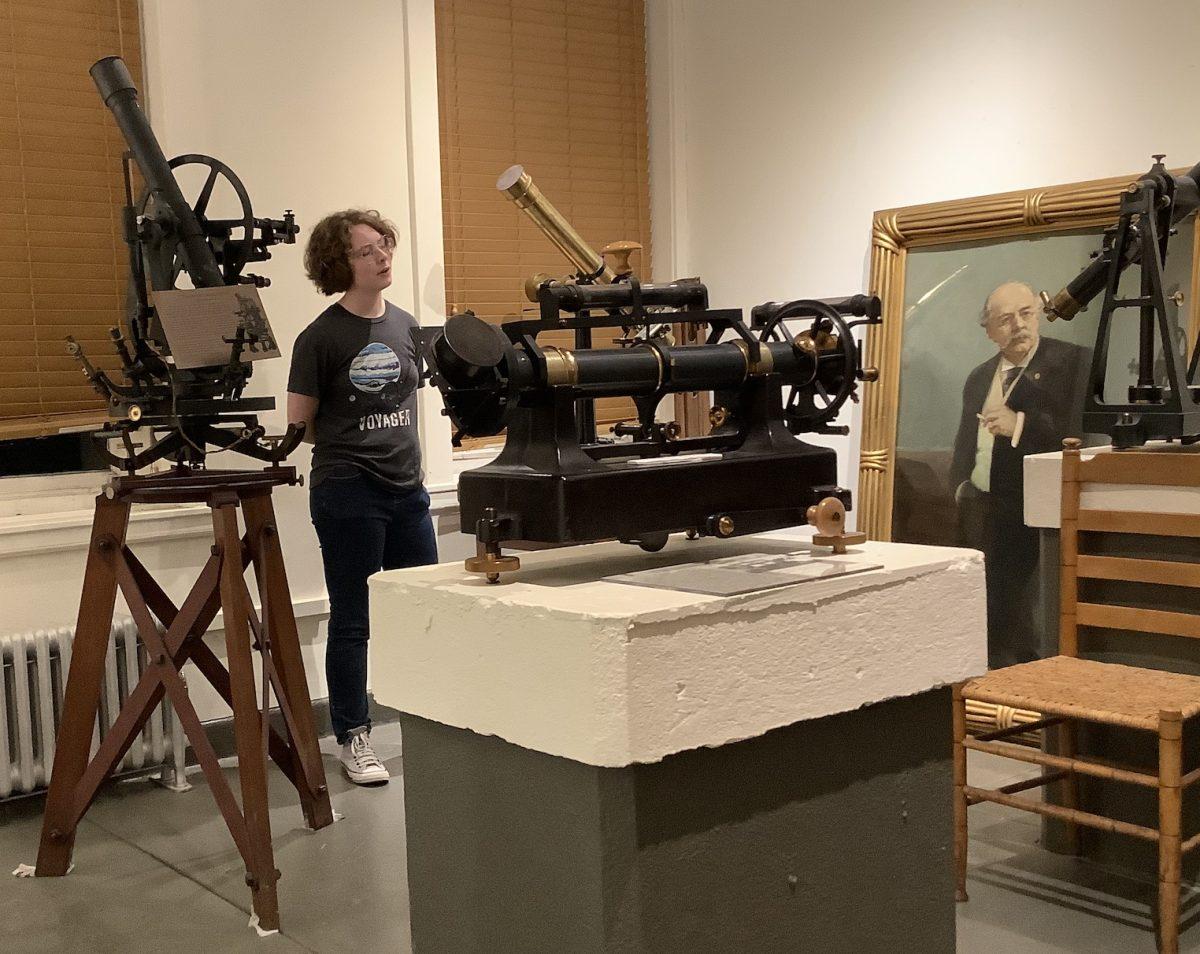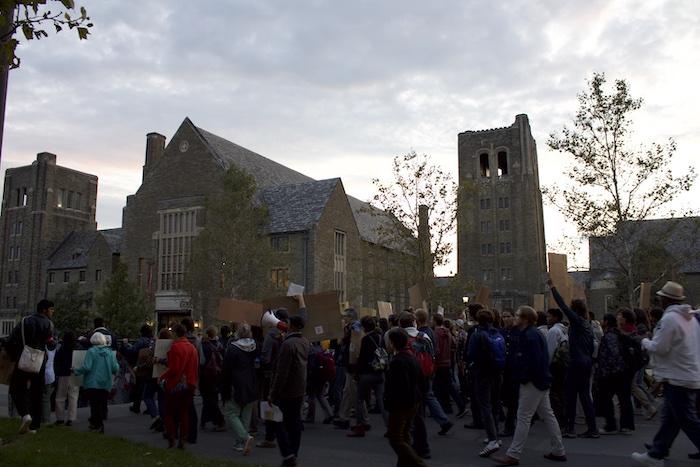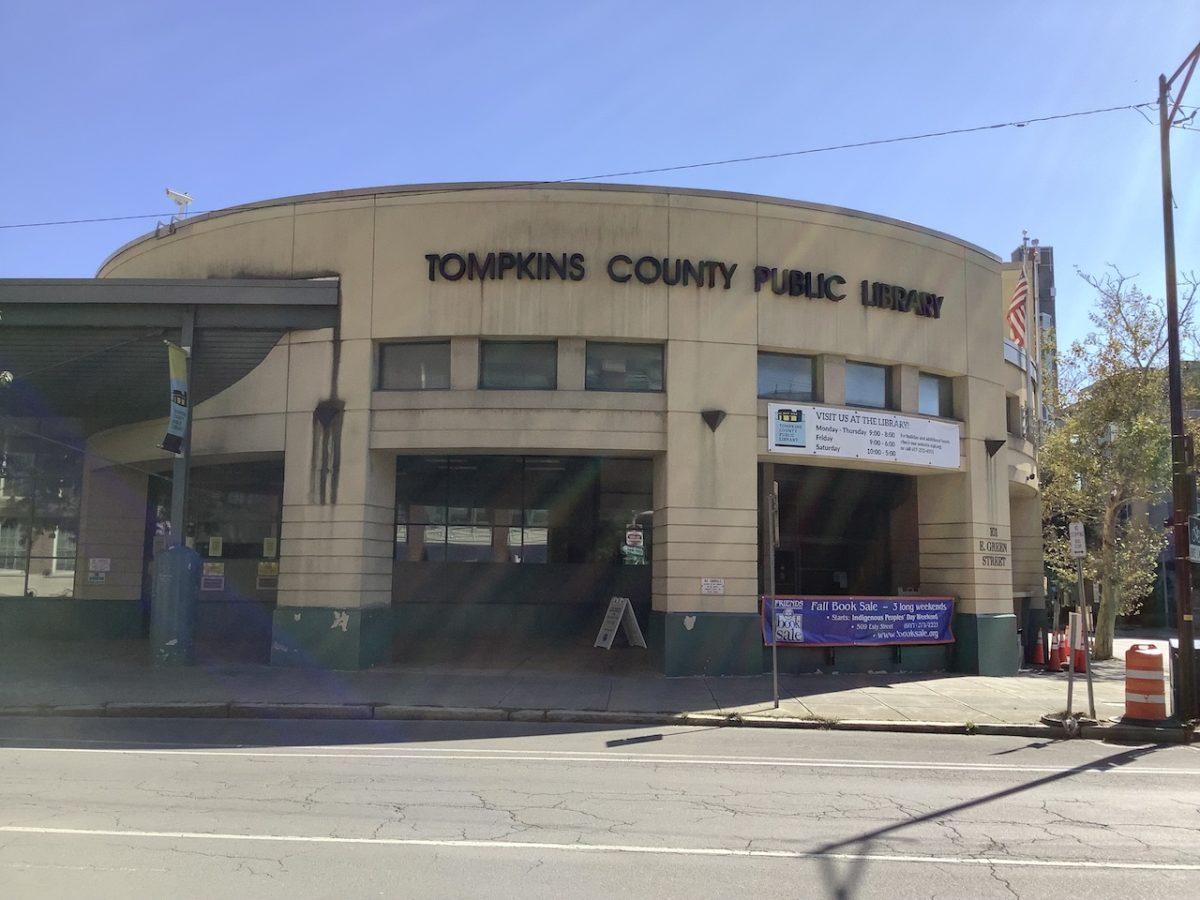Lisbeth Perez and Ashley Wolf
Michael Johns, Tea Party leader and former White House speechwriter for George W. Bush, was invited to a debate at Cornell University on Feb. 14 to argue why he believed Trumpism could in fact make America great again. His invitation to speak on campus motivated some students to come together and protest.
The Cornell Political Union, a non-partisan organization, held the debate. The Union first made the event public to all at Cornell community, said Nate Baker, senior and co-president of the Union. A few days before the event, Union members received numerous complaints about the speaker and taunts of inappropriate behavior during the event. The Cornell Police Department recommended the Union make their event private and change the location. Union members took their advice and changed the debate location and invited due-paying members of the Cornell Political Union and allowed them each one to two guests. However, protesters did show up, he said.
“Somebody was invited or something happened,” Baker said. “We aren’t sure exactly what happened, but they posted on several groups on Facebook to say, ‘hey, this is where the event is happening. It’s not at Anabel Taylor Hall anymore. Let’s go there and protest.’ So, that’s what they did and we went on with the event as usual.”
At each of the Union’s events, an invited guest gives a speech about their position on a political topic, then there is a question-answer portion in which attendees ask the speaker questions about their viewpoint and then, there is a debate portion for attendees to sound off on the speaker’s argument. The event concludes with a vote to agree or disagree with the speaker’s argument.
The Union invited Johns to speak in order to spark more conversation and debate between the two parties. Johns’ son, also named Michael Johns, is the Vice President of Finance for the Cornell Political Union, so it was quite easy for his son to ask his father to visit and give a speech, Baker said.
“For the most part, we brought in more-or-less liberal speakers, some middle of the road, some slightly conservative, but he was definitely the most conservative we brought in,” he said.
Johns mainly discussed economics through subjects such as employment, debt, trade, the school system and taxes. During the event, Johns said he knew the majority of attendees shared different viewpoints than his conservative ones and his speech was geared towards them, he said. At the end, however, the end vote was 40 to 14, opposing his viewpoints.
“My primary goal tonight is to explain the phenomena that we just lived through,” Johns said during his speech. “I think one thing of knowledge is that we’ve taken a very substantial leap in the direction of American politics.”
A few minutes after Johns began his speech, people started to protest in the hallway outside of the lecture hall. They first chanted, “no safe space for white supremacy.” The protests continued throughout the event, though there were times that the chants did not.
Baker missed most of Johns’ discussion because he went to talk with the protesters. He said he answered questions the protesters had about the event and his personal social identity as best as he could. There was no violence reported during the event. Protesters did chant throughout the event. Lines chanted included: “This fascist speaker has got to go,” “No Trump, No KKK, No Fascist USA” and “Racist, sexist, anti-gay, Michael Johns, go away.”
A group got together to discuss their frustrations about the event when it was still a public event, said Allison Lapehn, Cornell University student and protester. They planned to silently protest and ask questions afterwards. However, they were barred from the event because the Union felt “threatened that our opposing viewpoint would be a safety threat,” Lapehn said.
“When someone who has talked online countless times about not wanting to give women pay equality, access to quality healthcare and championed the socio-economic barrier that keeps people from attending institutions like this and then comes here and is supposedly giving a purely economical talk to the Political Union, it’s not purely economics to us because it’s personal,” she said.
Dr. David Bateman, faculty advisor for the Cornell Political Union, said some students felt the need to protest because the country and its politics are very uncertain and unsettled at this time.
“I think that had this speaker been invited a year ago, it would have been very unlikely that there would have been protest,” he said. “We are at a different moment right now. With the election of the Trump administration, a lot of people feel very threatened.”
The protestors were not aggressive, but their protests disrupted the event and made it difficult for those in the room, Baker said. He wished open forums and debate between different sides could be easier. The Cornell Political Union promotes people to have those types of discussions, he said.
“It reminds me to keep an open mind about everything,” Baker said. “First and foremost, engage in dialogue if you understand or challenge a view. Just as I went into the hallway and tried to hear out what the protesters were saying… Any time I take on any sort of difficult decision or political issue, I like to hear both sides of the issue and then formulate my opinions based off that.”
Baker along with Troy LeCaire, senior and co-president of the Union, created the organization two years ago. Although there were already political organizations on campus, the organizations were mainly partisan. LeCaire and Baker wanted to create an organization which allowed students with any political viewpoints an open space for conversation and debate. The two parties frequently vilify their opposing party’s members and it does not help that the majority of people associate with those who share the same opinions as one another, he said.
“Whether it’s our friend groups or our Facebook newsfeed, or our college campuses, we tend to associate so much with people of similar political views that we forget that the other side are people too,” LeCaire said.

